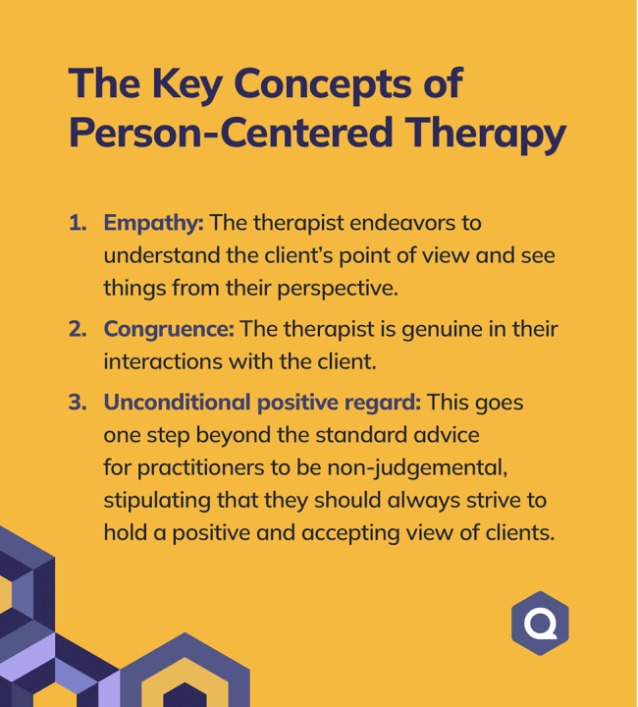
How can Person - Centred Therapy Help You?
Person-centred therapy, also known as Rogerian or client-centred therapy, is a type of talk therapy where the client takes the lead, and the therapist acts as a facilitator. It's a humanistic approach that focuses on the individual's subjective experience and their potential for personal growth and self-actualisation. The core principles of this therapy include empathy, unconditional positive regard, and genuineness.
Key Features:
Non-directive: The therapist doesn't offer solutions or advice but guides the client to find their own answers and solutions.
Client-led: The client sets the direction and pace of therapy, exploring their thoughts and feelings in a safe and supportive environment.
Empathy: The therapist understands and shares the client's feelings and experiences.
Unconditional positive regard: The therapist accepts the client for who they are, without judgment.
Genuineness: The therapist is authentic and real in their interactions with the client.
Focus on self-actualisation: The goal is to help the client become their true self and reach their full potential.
How it Works:
Creating a safe space:
The therapist creates a non-judgmental and supportive environment where the client can explore their thoughts and feelings without fear of criticism.
Active listening:
The therapist listens carefully to the client's words and feelings, reflecting them back to help the client understand themselves better.
Facilitating self-discovery:
The therapist helps the client identify their own challenges and strengths, empowering them to make positive changes in their lives.
Empowering the client:
The therapist believes that each individual has the capacity to find their own answers and solutions, and they trust the client's ability to navigate their own journey.
Who can benefit?
Person-centred therapy can be helpful for a variety of issues, including:
Anxiety and depression, Relationship problems, Low self-esteem, Trauma, and Personal growth and self-discovery.
Enquiries click on link: Person Centred Therapy